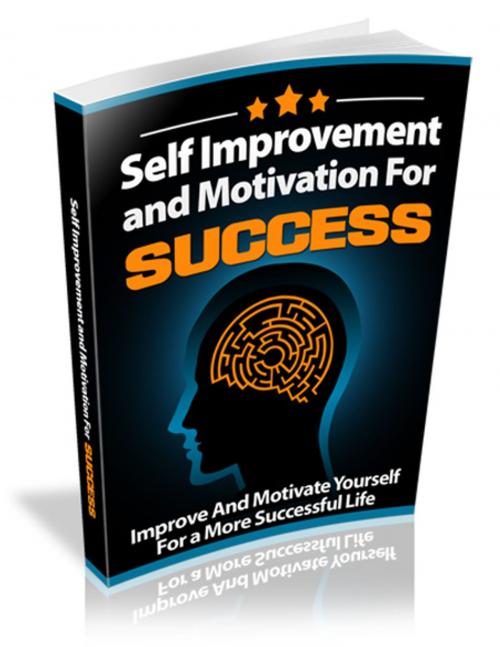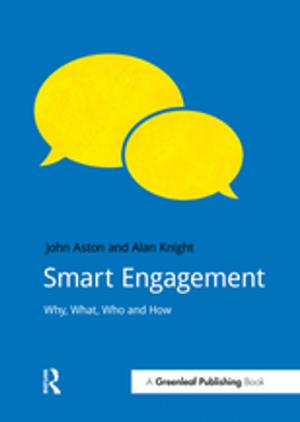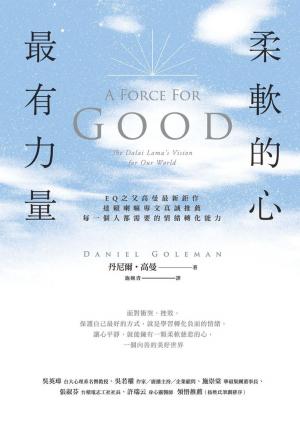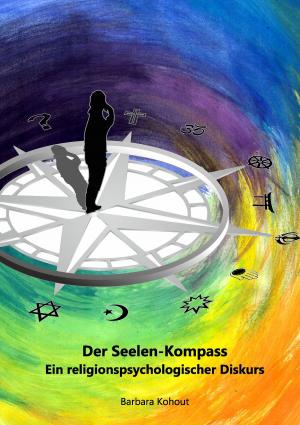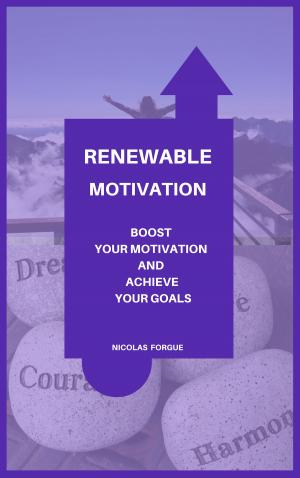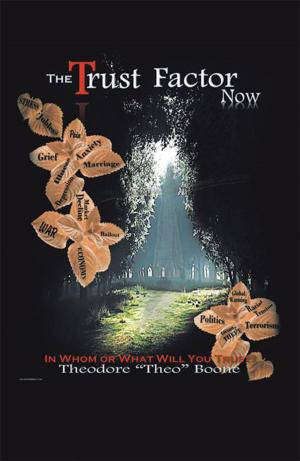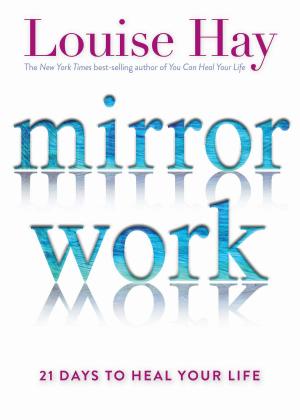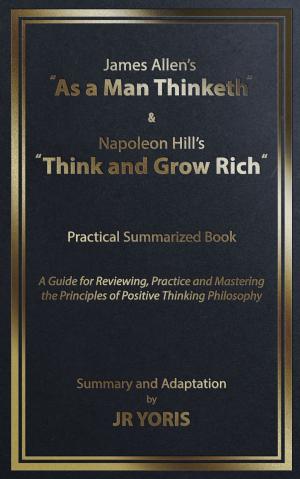Self Improvement and Motivation For Success
Nonfiction, Health & Well Being, Self Help, Mental Health, Happiness, Self Improvement, Success, Motivational| Author: | Mark Henz | ISBN: | 1230002538471 |
| Publisher: | Mark Henz | Publication: | September 9, 2018 |
| Imprint: | Language: | English |
| Author: | Mark Henz |
| ISBN: | 1230002538471 |
| Publisher: | Mark Henz |
| Publication: | September 9, 2018 |
| Imprint: | |
| Language: | English |
Humans all have formed our own definitions of happiness right from childhood. A lot of these perceptions are because of conditioned development example they are a part of our habits due to repetitive inculcation by parents, teachers and the society in general.
That is why, none of us has actually pondered about what exactly makes us feel happy! This feeling has been left to our sub-conscience and we simply feel the happiness according to the situation we are in.
A lot of small things can give happiness to us. For instance, just the thought of shopping or spending money tends to excite us and makes us feel happy. Opportunities and new ideas also have a similar effect on us. This excited state makes us imagine things related to these incidents.
For example: the perspective of going on vacation while getting an office bonus would not only make us excited, but also make us plan and imagine the holiday. In fact, we would feel the bliss without actually being on the vacation itself! However, when being on the actual vacation, the excitement tends to settle down as one begins to feel contented.
Same is the case with objects. We are quite crazy to purchase the latest cell phone, laptop, I-pod or the new car. But once we own that stuff, the excitement settles down and the appeal doesn’t stay the same. The cycle of excitement begins again when another new product is launched.
Humans all have formed our own definitions of happiness right from childhood. A lot of these perceptions are because of conditioned development example they are a part of our habits due to repetitive inculcation by parents, teachers and the society in general.
That is why, none of us has actually pondered about what exactly makes us feel happy! This feeling has been left to our sub-conscience and we simply feel the happiness according to the situation we are in.
A lot of small things can give happiness to us. For instance, just the thought of shopping or spending money tends to excite us and makes us feel happy. Opportunities and new ideas also have a similar effect on us. This excited state makes us imagine things related to these incidents.
For example: the perspective of going on vacation while getting an office bonus would not only make us excited, but also make us plan and imagine the holiday. In fact, we would feel the bliss without actually being on the vacation itself! However, when being on the actual vacation, the excitement tends to settle down as one begins to feel contented.
Same is the case with objects. We are quite crazy to purchase the latest cell phone, laptop, I-pod or the new car. But once we own that stuff, the excitement settles down and the appeal doesn’t stay the same. The cycle of excitement begins again when another new product is launched.
